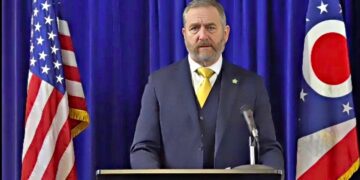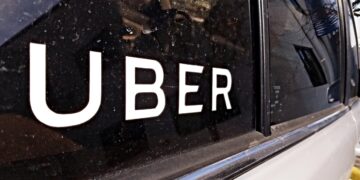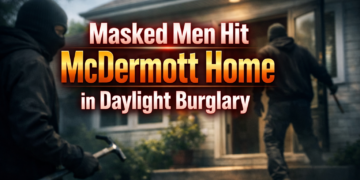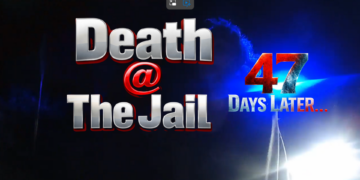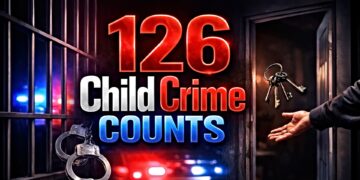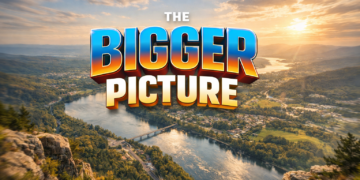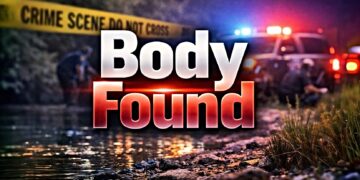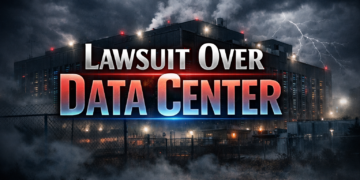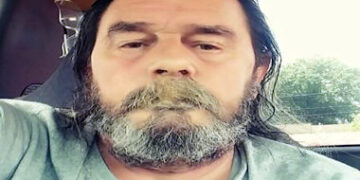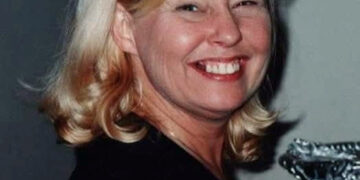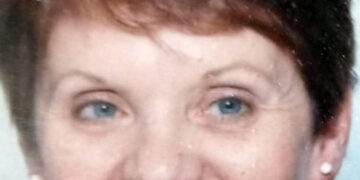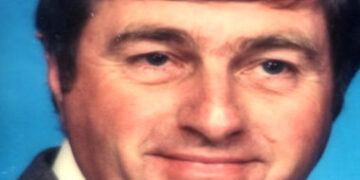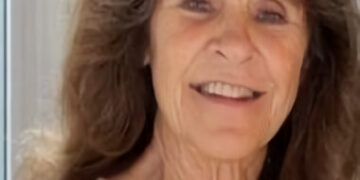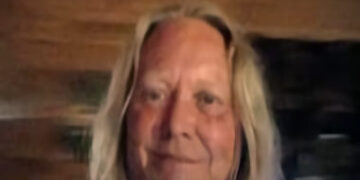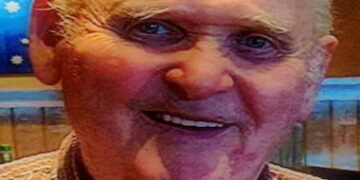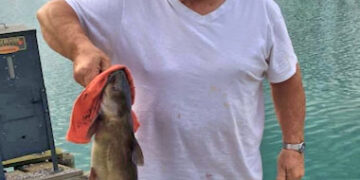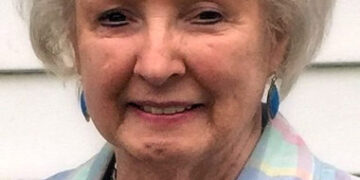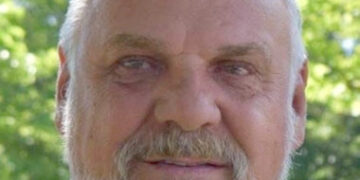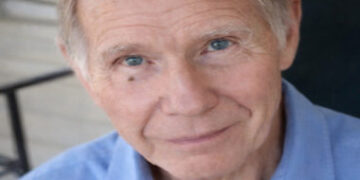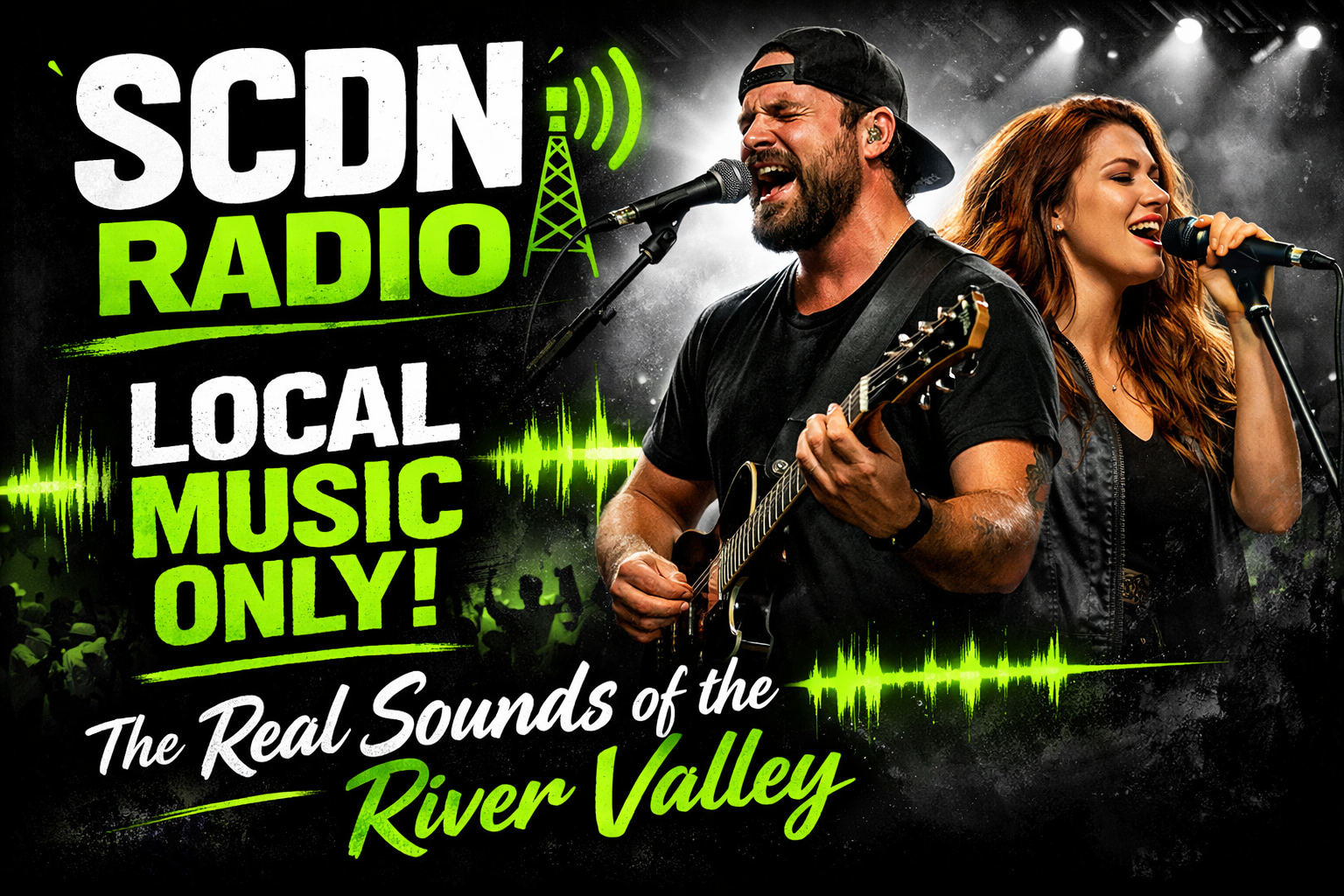As a working music composer, engineer and producer, every day I get up, go to my studio and create. That’s my full-time job and I love it. Sometime soon, I may not have the opportunity to create, because computers are being used every day more than ever to imitate art forms of all genres, like music, creative writing, film, illustrations and designs.
AI is receiving a lot of attention because of its potential to disrupt industries and employment. It’s still in its infancy, but even in the early stages there is great potential to have an effect on artists and the entertainment industry, in particular.
It’s concerning on several fronts because AI can create content for industry use, such as music, stories, scripts, marketing campaigns, and film. Since Covid the industry has been in an economic downward spiral because studios, theaters and music venues were essentially shut down for a period of time, people got used to not going out and with the addition of streaming channels the demand for more content has increased. To keep production costs low, production companies are turning to AI to create content.
The additional influx of AI generated content makes human-generated, original content less valuable. A lot of current entertainment is basically a rehash of past content which makes it well suited for the training of AI technologies. AI cannot create new forms of content like a human can.
Another AI red flag for creators is the concern of copyright issues. If AI creates a song by using the formula example of building a composition that sounds like a certain artist such as The Beatles, The Rolling Stones, or any current artist with, say, a slow to mid-tempo three-minute song and a climactic ending that sounds like the original artist then who owns the copyrights? If you buy something that has a Beatles logo on it, then the band will get a license fee. So, why is AI-generated content that imitates their sound any different? The AI composition could possibly be used in video games or film for free, with no compensation to the original creators. Google already has an AI trained music generating platform that inputs every audio file currently housed on YouTube to learn from. Another example of content could be the illustrated creation of a character derived from Bugs Bunny, but then who owns the rights to that image?
The biggest problem I see with movies is a lack of originality, and that’s why the industry isn’t performing all that well. The creative breakthroughs that generate a demand to experience art in person are happening less often. A big concern is that AI generated content replaces the need for creative workers. Entertainment relies on new ideas, and this technology doesn’t produce new ideas like humans can provide. AI mimics the existing ideas that are already circulating.
Take a listen to these song clips. Which one do you think is AI?
One of my concerns is that AI will continue to reduce the number of performers who can make a living from their art form. Most entertainment revenue already goes to a very small percentage of elite creators and artists which is the reality for musicians, especially on streaming services. This concept is mirrored in film revenues, with just a few leading actors in big, successful films collecting most of the revenue. Should AI companies that train their models on songs and other art forms be allowed to use them without the original creators’ permission?
AI is being used to recreate the voices of deceased and living artists. If any voice in the past or current history can be re-created, then how will that affect an artist’s legacy?
I am hopeful that a licensing formula, such as what’s in place for music sampling, will emerge to protect artists when their creations are emulated or used to influence and train AI. We are entering a new era of creativity via computers, and I believe we need to protect the human touch in creative content. Albert Einstein said, “Imagination is more important than knowledge,” and I agree with him. There is no imagination in AI-generated content. There is only regurgitation.
Larry Collinsworth is a Scioto County native and nationally recognized music artist.


